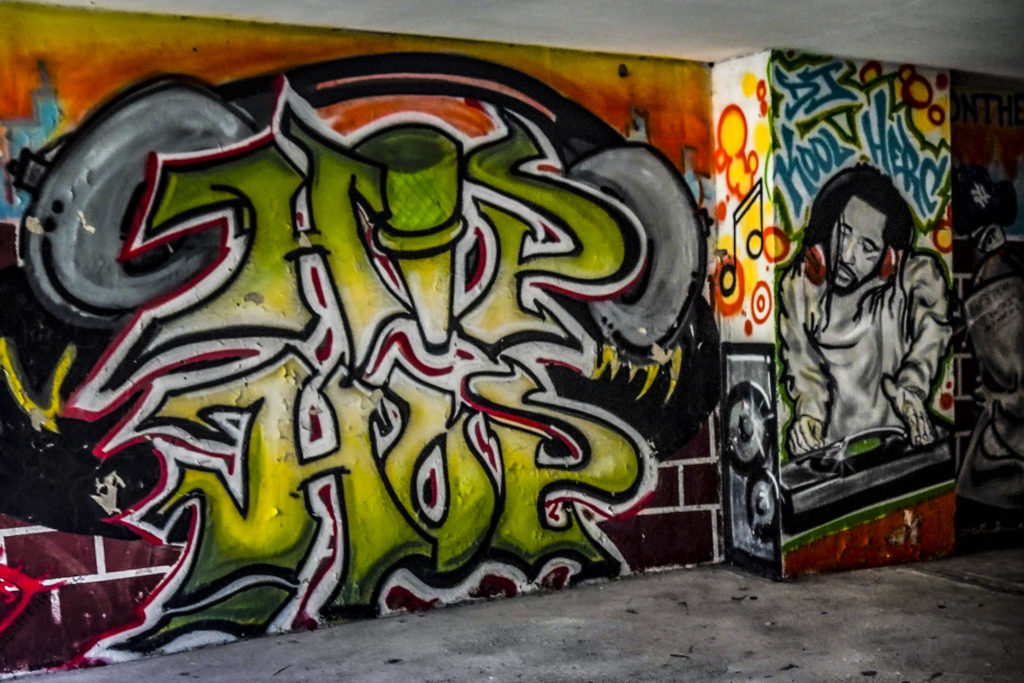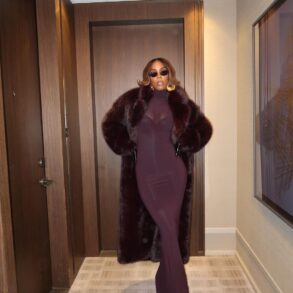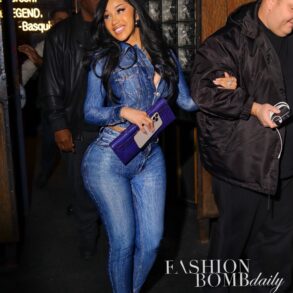
Amna Nawaz:
For our arts and culture series, Canvas, today, we celebrate 50 years of hip-hop, a genre that’s influenced every aspect of pop culture, fashion and music across the U.S. and the world.
It all started with a back-to-school party thrown by a young woman named Cindy Campbell on August 11 of 1973 in an apartment rec center in the Bronx and New York. To keep costs low, Cindy asked her brother, 18-year-old Clive Campbell, better known as D.J. Kool Herc, to play music, improvising and playing break beats on two turntables in a continuous loop. And hip-hop was born.
To help us appreciate the contributions of hip-hop, I spoke recently with Nelson George, author and filmmaker. He served as co-executive producer of VH1’s “Hip Hop Honors” television show and also wrote the book “Hip Hop America.”
I began by asking him about hip-hop’s birth in the Bronx.
Nelson George, Author and Filmmaker: This was the ’70s, where people say the famous headline Daily News: Ford to City, Drop Dead.
There was a huge outflux, white flight out of the Bronx, Brooklyn, particularly in Manhattan. New York became one of the epicenters of the sale of heroin. You had a lot of economic downturn. You had a lot of social ills. You had a lack of city services, right?
You had a kind of city where what that meant that there was a lot of freedom. So you had the parties in a park, where kids learn to break-dance. They practiced emceeing. They played records. And you had graffiti, which was widespread throughout the city.
So the things that made people say, New York, drop dead, some of those same things gave a freedom to the city that allowed a lot of these street or, almost, you might say folk expressions to happen.








